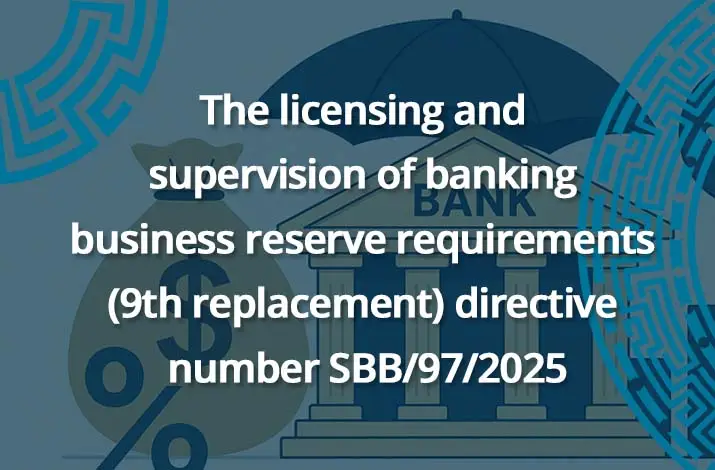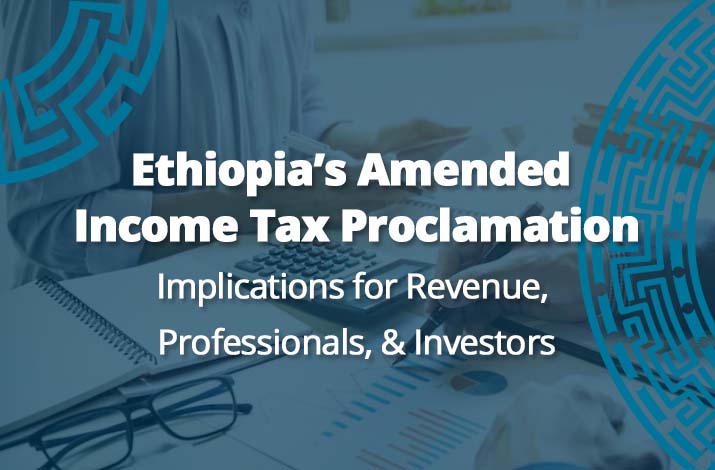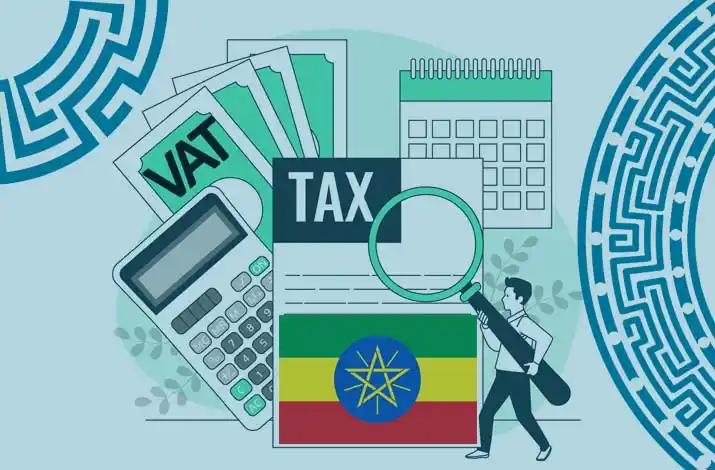Tax Audits in Crisis: Can Ethiopia’s New Directive Restore Trust in the System?
Introduction
“The minister lacks the authority to act as a tax auditor.“
(Mr. Lake Ayalew, the former Minister of the Ministry of Revenues)
Ethiopia has introduced new tax audits, conducting procedures, and the Assessment Directive No. 1063/2025, marking a significant development in its tax history. Tax audits represent a major challenge within the Ethiopian tax system; the implementation of tax audits contradicts the voluntary compliance expected from taxpayers under the self-declaration tax policy. During these audits, tax auditors often seek additional taxes without a legal foundation, aiming to meet monthly revenue collection targets. This trend significantly harms taxpayers, leading to non-compliance with tax laws and fostering illegal practices.
Many taxpayers are forced to close their businesses due to arbitrary decisions made during tax audits, and they often cannot afford to pay 50% of the principal tax required to file an appeal with the tax appeal commission. The situation has reached a critical point due to the lack of clear legislation in this area. The power wielded by tax auditors exceeds that of the ministry, and only the tax review committee has the authority to amend their decisions. In practice, even when the review committee’s decisions are challenged without legal justification, there is no legal recourse to hold auditors accountable for their unlawful choices, even if they impose taxes. A lack of accountability and transparency characterizes the authority of tax auditors, as they frequently disregard established tax principles and laws.
Influenced by the IMF, Ethiopia has implemented its first tax audits, conducting procedures and issuing assessments, which have curtailed the powers of tax auditors. They are now limited to issuing only preliminary amended assessments and have established an additional layer of dispute resolution for taxpayers. Consequently, taxpayers can lodge complaints with the duty branch manager regarding these preliminary amended assessments, who has the authority to modify the tax auditors’ decisions.
Objectives of the Directive
The directive introduces a comprehensive framework for tax audits and assessment procedures, aiming to:
- Standardize the tax audit process to ensure consistency.
- Enhance transparency in audit practices.
- Safeguard taxpayers’ rights throughout audits and assessments.
Key Changes of the Directive
The following outlines the key changes introduced in the new directive.
- The directive stipulated that tax audits must be carried out in accordance with the tax proclamation and regulations. Regardless of the type of tax audit employed by the Authorities, the results and evaluations guarantee that taxpayers adhere to the relevant tax proclamation and regulations. Consequently, auditors refrain from applying logic or other arbitration decisions that are not grounded in tax law, which is a commonly recognized practice.
- The directive characterizes tax audit as a result that restricts the types of audits performed by the ministry; thus, comprehensive audit, issue-oriented audit, desk audit, refund audit, transfer pricing audit, and fraud investigation are the sole types of audits recognized as tax audits. The well-known Pre-Audit carried out by the Addis Ababa City Revenues Bureau is excluded from being classified as a tax audit, as it occurs during the annual and monthly self-declaration reporting periods.
- The directive mandates that the ministry must notify the taxpayer in advance of a tax audit. This official notification should be sent to the taxpayer at least ten working days before the initiation of the audit. The purpose of this notification is to assist taxpayers in their preparation; it must detail the types of audits that will take place, specify the tax type involved, provide a list of required documents, and outline the tax period(s) that will be subject to the audit.
- The directive establishes a new tax procedure regarding tax audits, requiring the authority to provide the taxpayer with a preliminary amended assessment following the audit, based on the findings, before issuing the amended assessment notice, should any discrepancies arise during routine reviews, audits, or other compliance checks. The purpose of the preliminary amended assessment is to formally notify the taxpayer, allowing them the chance to respond or contest the proposed changes before the final assessment is issued. The taxpayer has the option to file a complaint with the deputy manager of the branch. The deputy manager is tasked with deciding on the taxpayer’s objection; if the objection is denied, the authority will then issue the taxpayer a final amended assessment notice.
Conclusion
The new directive marks a significant milestone for the Ethiopian tax system. By regulating tax audits and issuing tax assessments, it aims to oversee the entire process from planning to final decision-making. Although the government has made commendable efforts to restore taxpayer trust, the directive fails to address the specific grounds for amending self-declarations, particularly in areas that are contentious due to legal ambiguities. For example, issues related to manufacturing input and output standards, as well as various accounting recording and adjustment problems, remain unresolved. Consequently, tax auditors continue to wield considerable discretionary power. Furthermore, the directive does not establish an accountability mechanism to hold tax auditors responsible when they commit serious professional errors.










